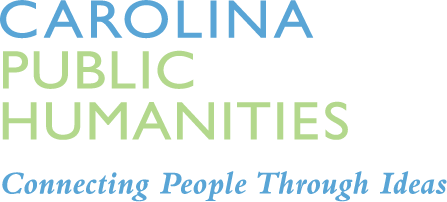Comparative Empires in the Pre-Modern World
Rescheduled from February 2014
October 25, 2014
What does “empire” mean and what are its common traits? To answer this question, we’ll travel back to some of its earliest manifestations in four different cultures, pre-Qin empires in China, the Roman empire, the empire of Mali in West Africa, and the early Ottoman Empire in Anatolia. We’ll learn about the multi-ethnic nature of empire and how pre-modern peoples went about organizing conquered territory for efficient rule. Participants will enjoy discussions of how the Chinese envisioned their polity during the chaotic end period of the Zhou dynasty, how Rome managed to hold together its conquests for a thousand years, how the emperors of Mali managed to acquire massive wealth and its effect on their rule, and finally how the Ottoman emperors rose to power and created an empire over the remains of previous ones. This seminar is a must for anyone contemplating the origins and meaning of imperialism in human society.
Topics & Speakers
Ideology of Empire in Pre-Qin China
Uffe Bergeton, Assistant Professor of Asian Studies
Sparing the Vanquished and Crushing the Proud: Rome’s Imperial Mission
Richard J. A. Talbert, William Rand Kenan, Jr., Professor of History
Ancient Mali: Empire of Gold
Lisa A. Lindsay, Associate Professor of History
The Ottoman Empire: Cosmopolitanism and Muslim-Ness from Early Modern to the Modern Period
Cemil Aydin, Associate Professor of History
The Meaning of “Empire”
A panel discussion with our speakers
Time & Cost
9:30 a.m. to 4:30 p.m. Saturday, October 25, 2014. The tuition is $125 ($110 by August 29). Tuition for teachers is $62.50 ($55 by August 29). 10 contact hours for 1 unit of renewal credit. The optional lunch is $15.00.
For information about lodging click here.
Co-Sponsored by the General Alumni Association.
For information about GAA discounts and other scholarships available to Humanities Program participants, click here.
